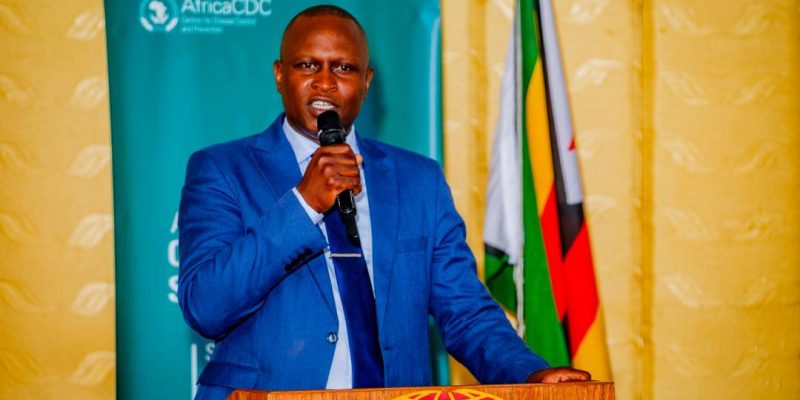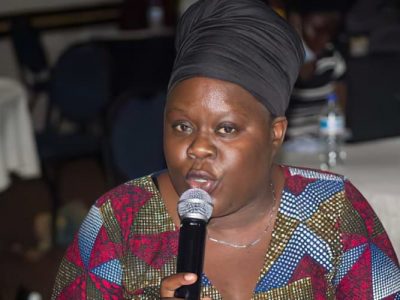Zimbabwe’s health authorities are racing against time to secure critical funding for HIV/AIDS programs following the abrupt withdrawal of US financial aid. The termination of support from the United States Agency for International Development (USAID), which had been a cornerstone of the country’s fight against the epidemic, has sparked concerns over potential setbacks in the nation’s hard-won progress.
Deputy Minister of Health Sleiman Kwidini, addressing the National Assembly, acknowledged the potential impact of the funding gap but assured lawmakers that the government is committed to filling the void. He reiterated that Zimbabwe’s health policies were never wholly dependent on external partners and that the government remains resolute in its commitment to safeguarding public health.
“Yes, there might indeed be an impact from the withdrawal of USAID from the World Health Organisation (WHO). However, what I want the Honourable Member to be aware of is the policy. When a policy is formulated, it is not wholly dependent on other stakeholders with whom we may collaborate to improve the livelihoods of our people,” said Kwidini.
The United States had been a significant contributor to Zimbabwe’s health sector through the President’s Emergency Plan for AIDS Relief (PEPFAR), with approximately 1.2 million Zimbabweans benefiting from life-saving interventions funded by the program. The aid supported the distribution of antiretroviral therapy (ART), community outreach programs, and other essential services that helped Zimbabwe make remarkable strides in combating HIV/AIDS.
However, the sudden funding withdrawal has raised concerns that Zimbabwe’s recent success in achieving the UNAIDS 95-95-95 targets could be jeopardized. The country recently celebrated meeting the global goals, which signify that 95% of people living with HIV know their status, 95% of those diagnosed are on treatment, and 95% of those on treatment have achieved viral suppression.
Kwidini remained optimistic, stating that Zimbabwe’s HIV/AIDS response initially began as a government-driven initiative before international partners stepped in to provide additional resources. He emphasized that the withdrawal of funding does not equate to the collapse of the country’s efforts.
“In terms of HIV and AIDS, malaria, and tuberculosis, these were originally Government programmes. We then had stakeholders who came in to fund those programmes. Essentially, the policy already exists, but what has been withdrawn is the support we were receiving from the funders,” he explained.
The health ministry is now focused on reallocating resources and identifying alternative funding streams to sustain momentum in the fight against HIV/AIDS. Maintaining access to treatment, prevention programs, and community-based support services will be crucial in preventing any reversal of the gains made over the years.
As the country navigates this challenging period, stakeholders in the health sector, including local and international partners, are being urged to collaborate and explore innovative solutions to bridge the funding gap. The government remains steadfast in its resolve to protect vulnerable populations and continue the fight against HIV/AIDS, despite the withdrawal of external support.









Comments